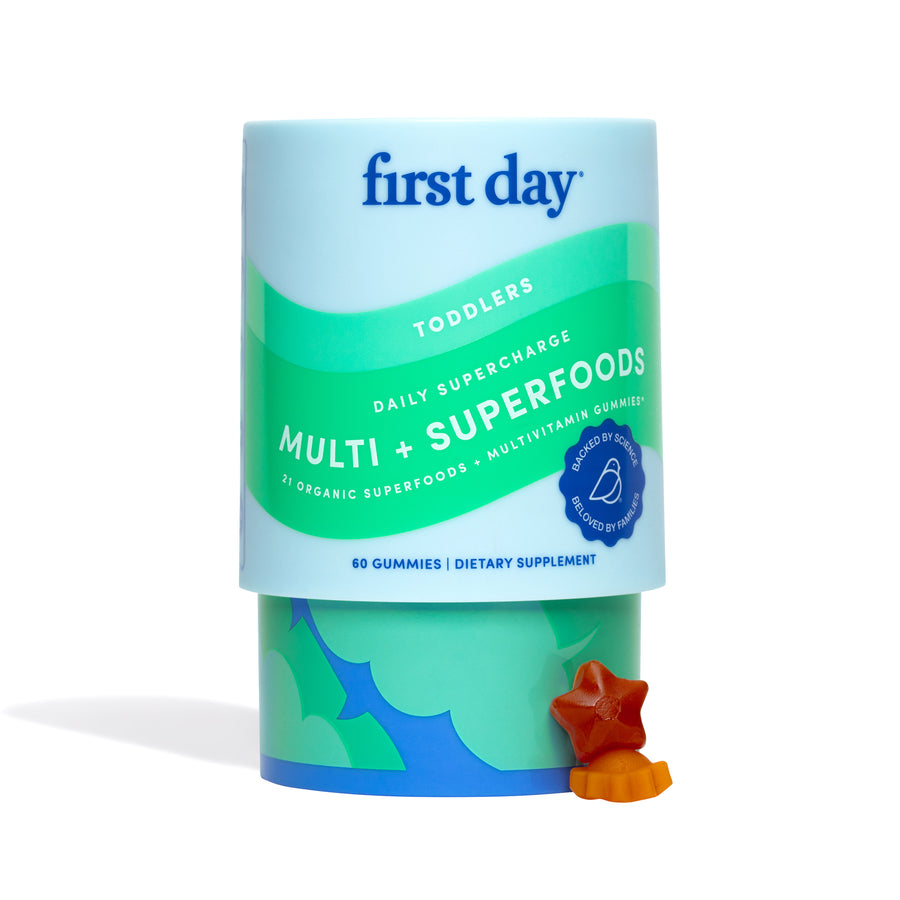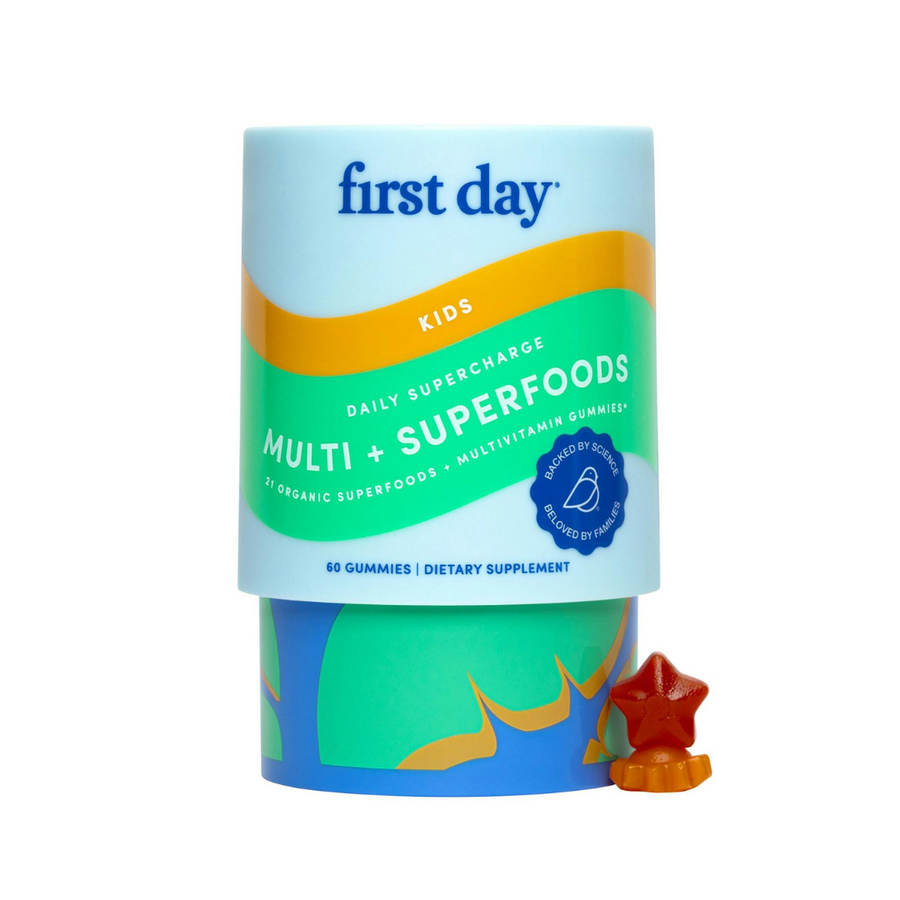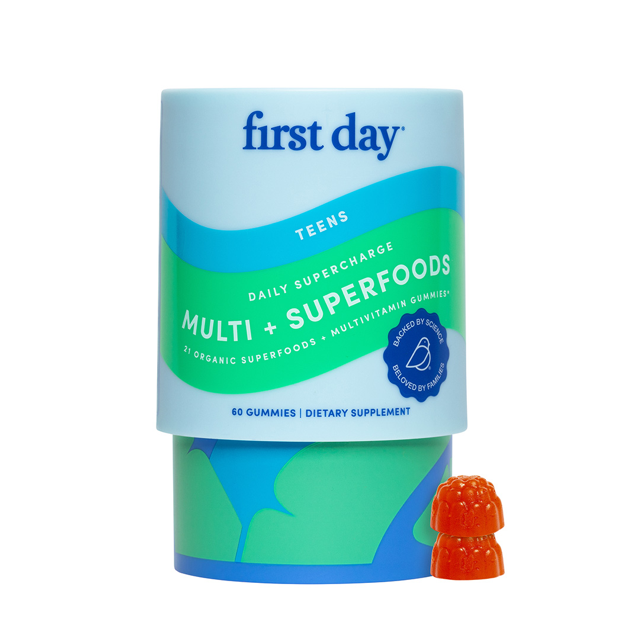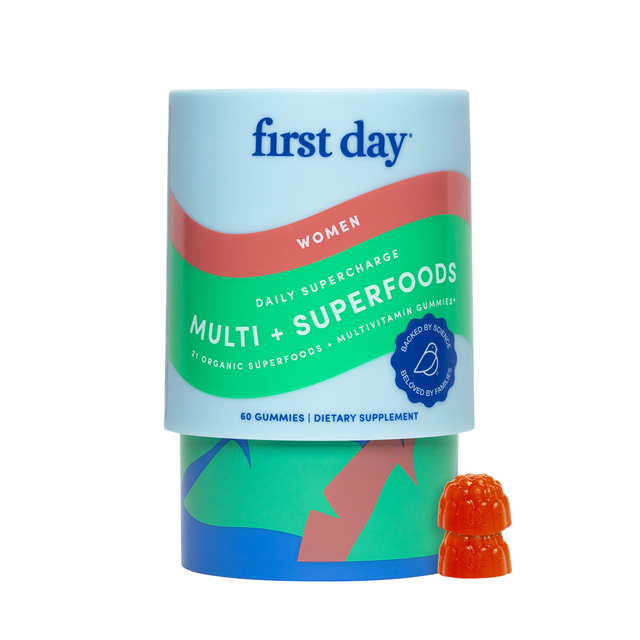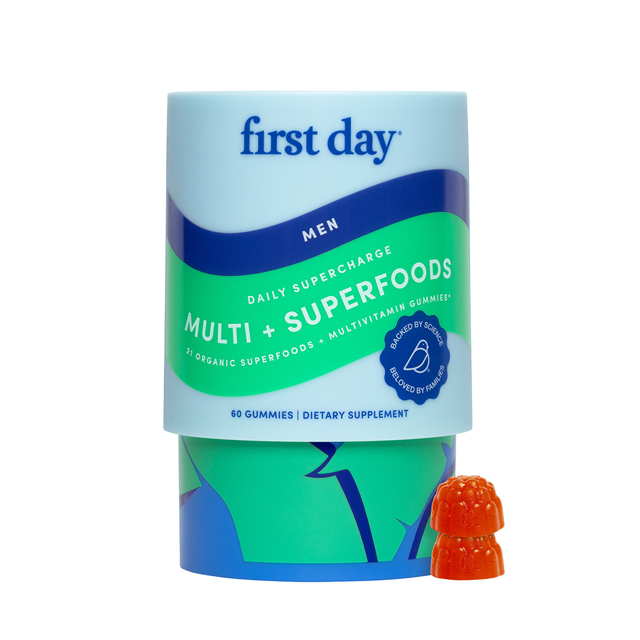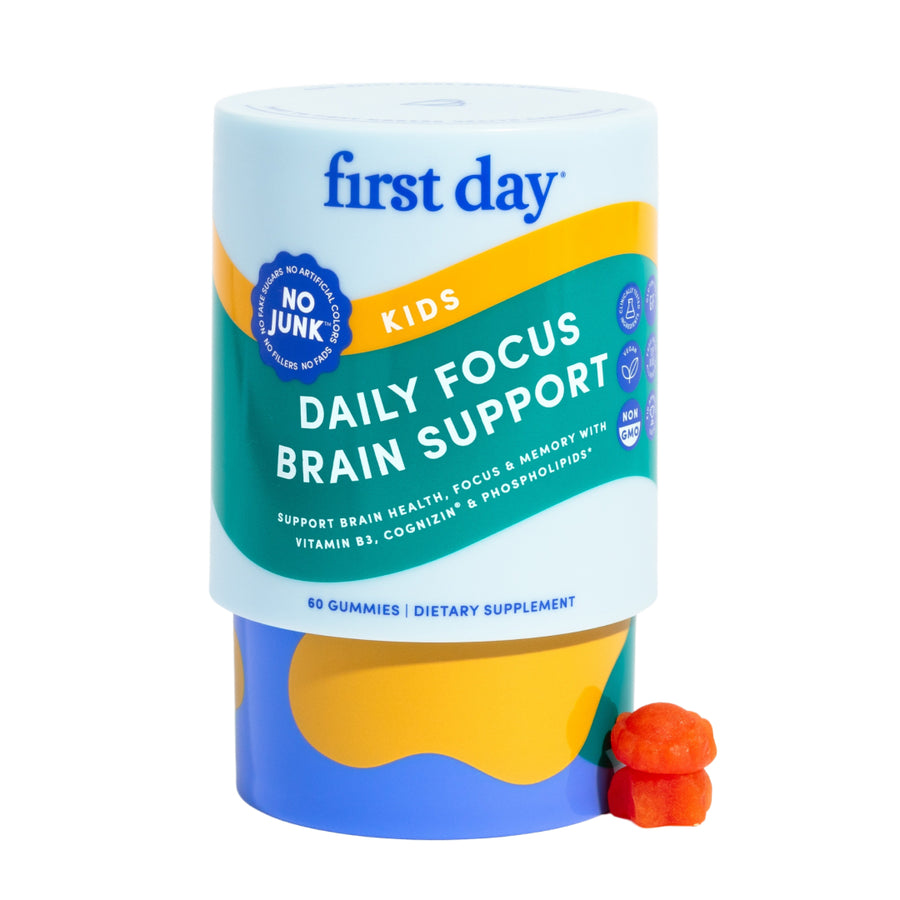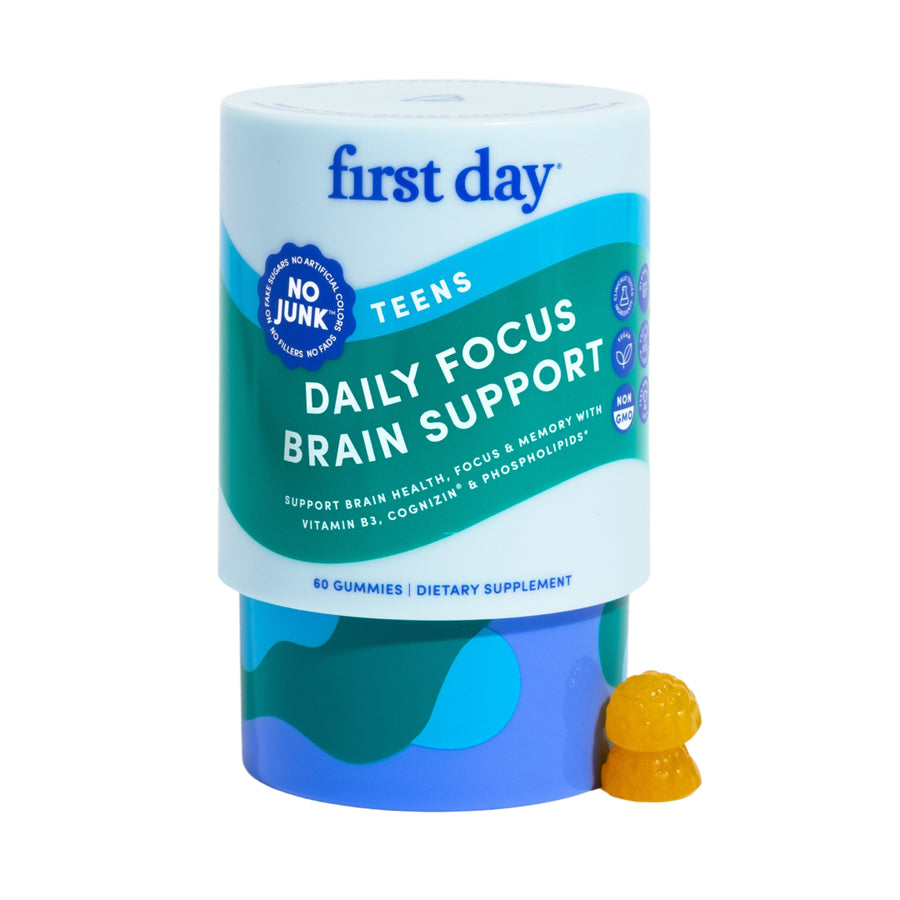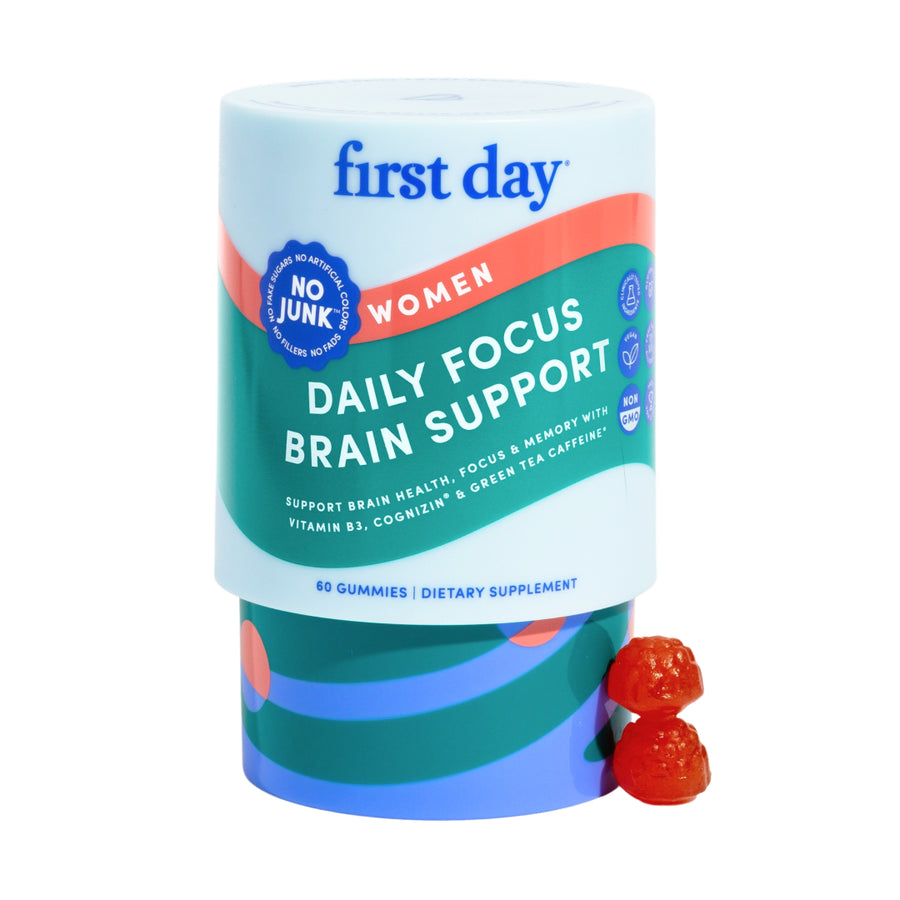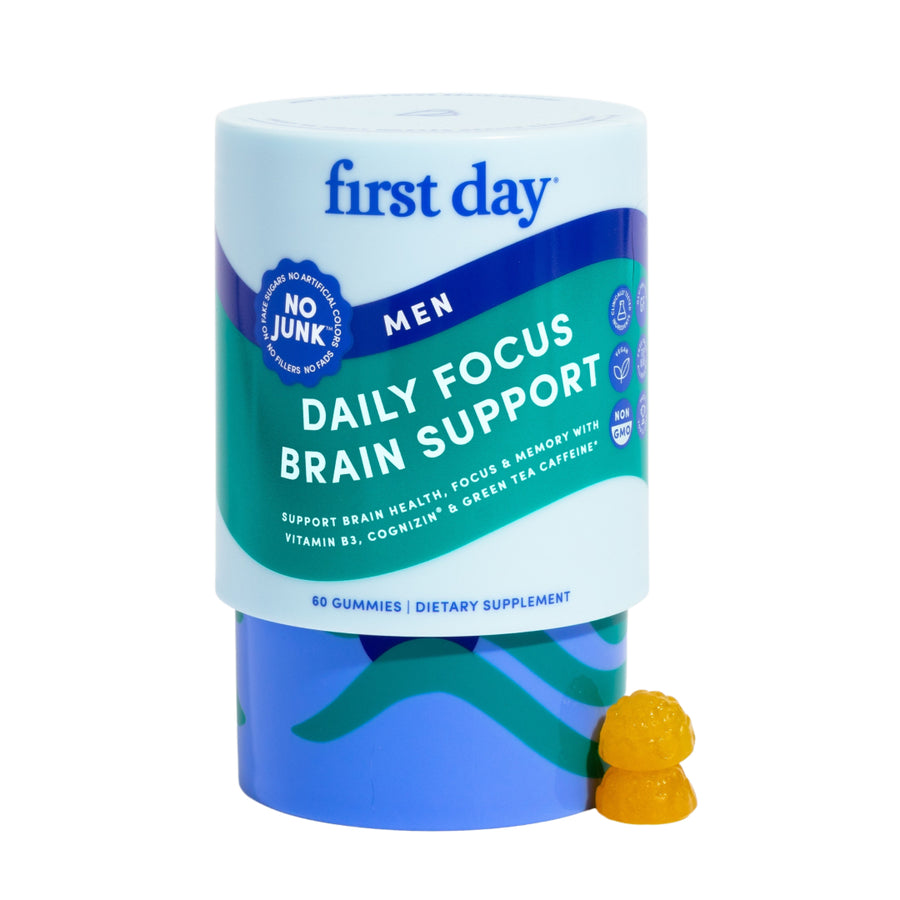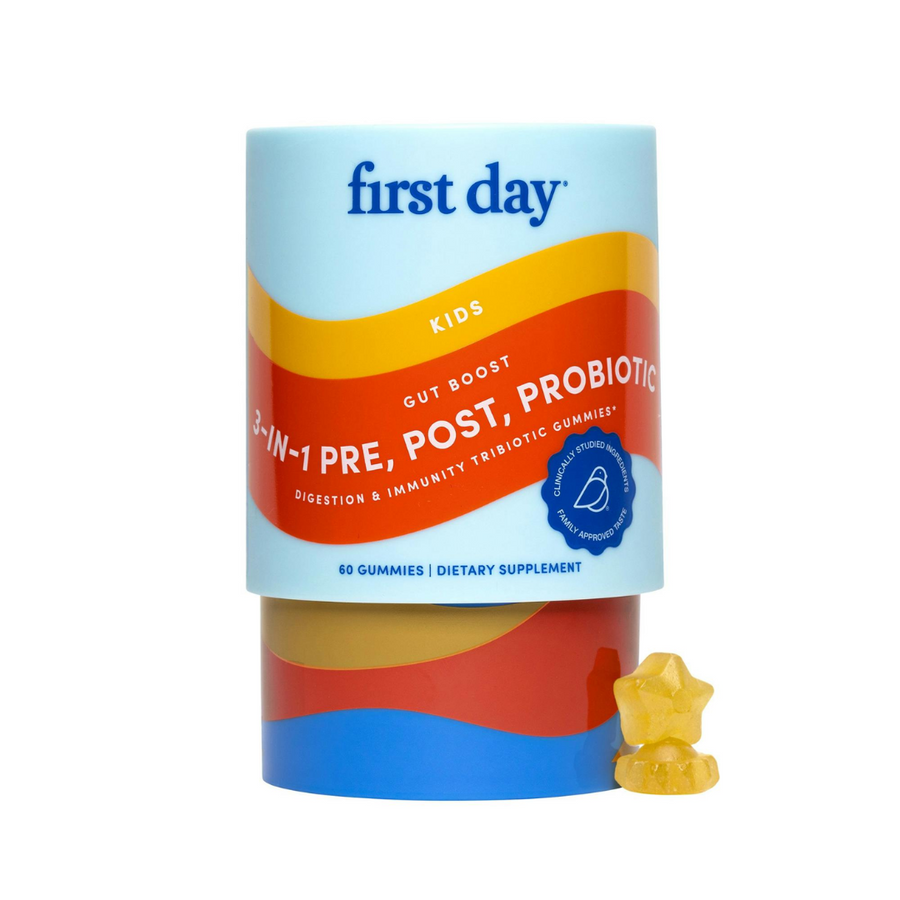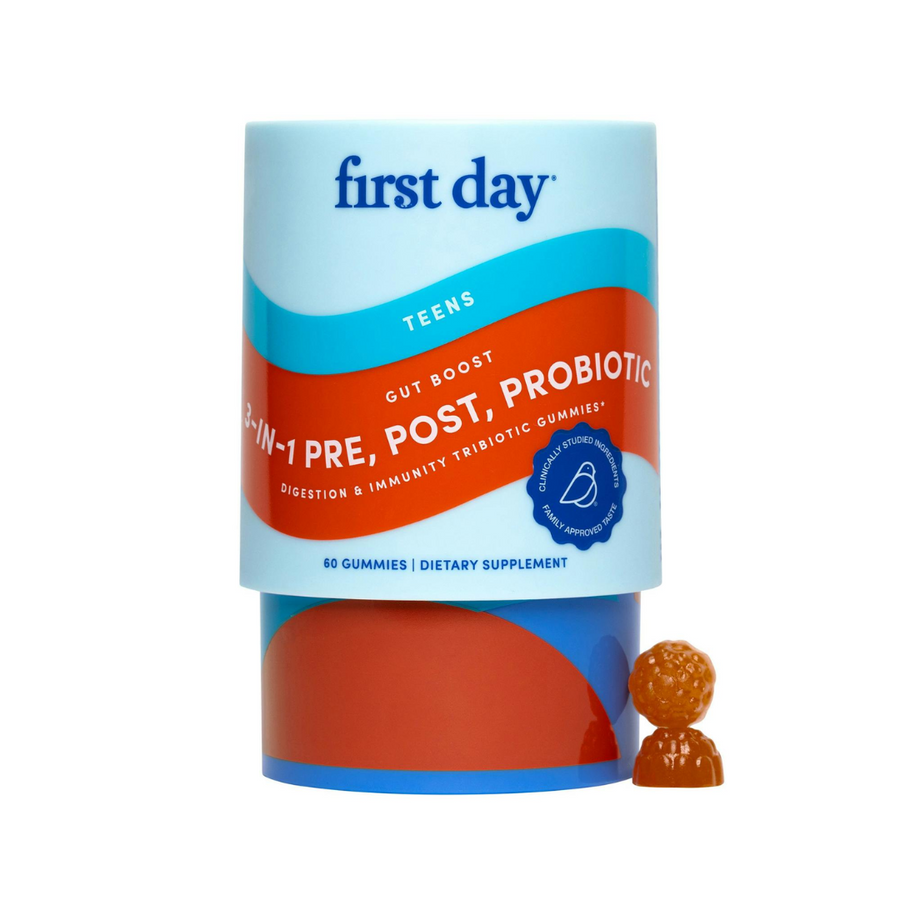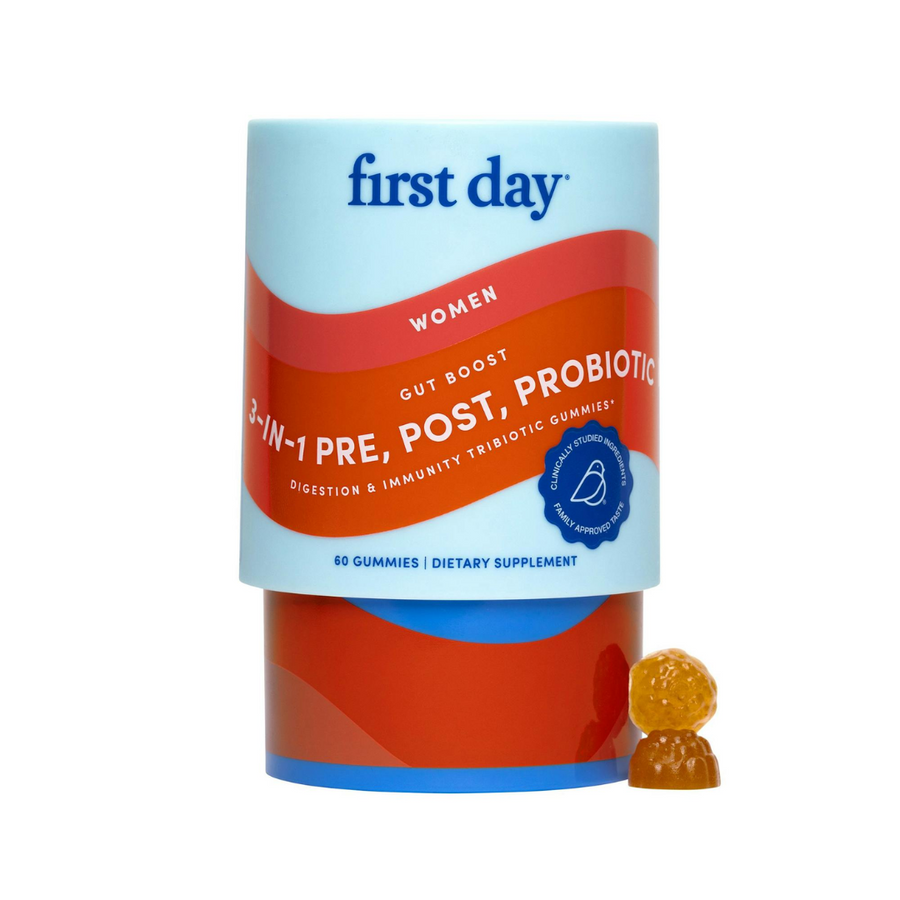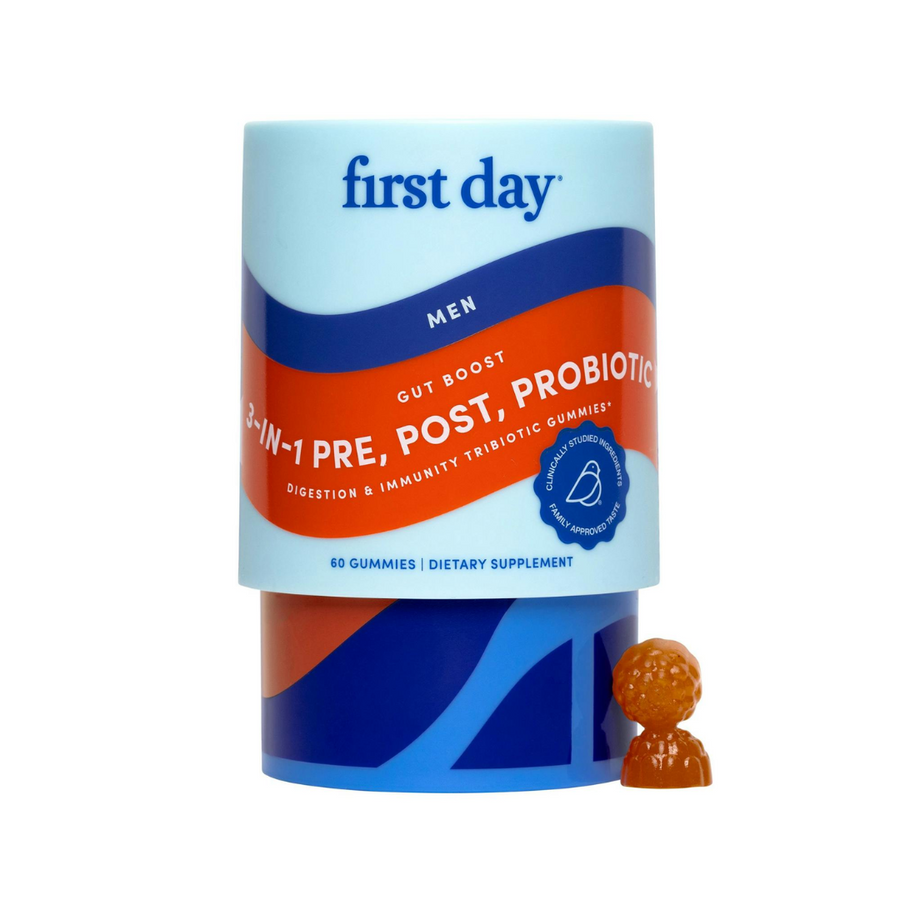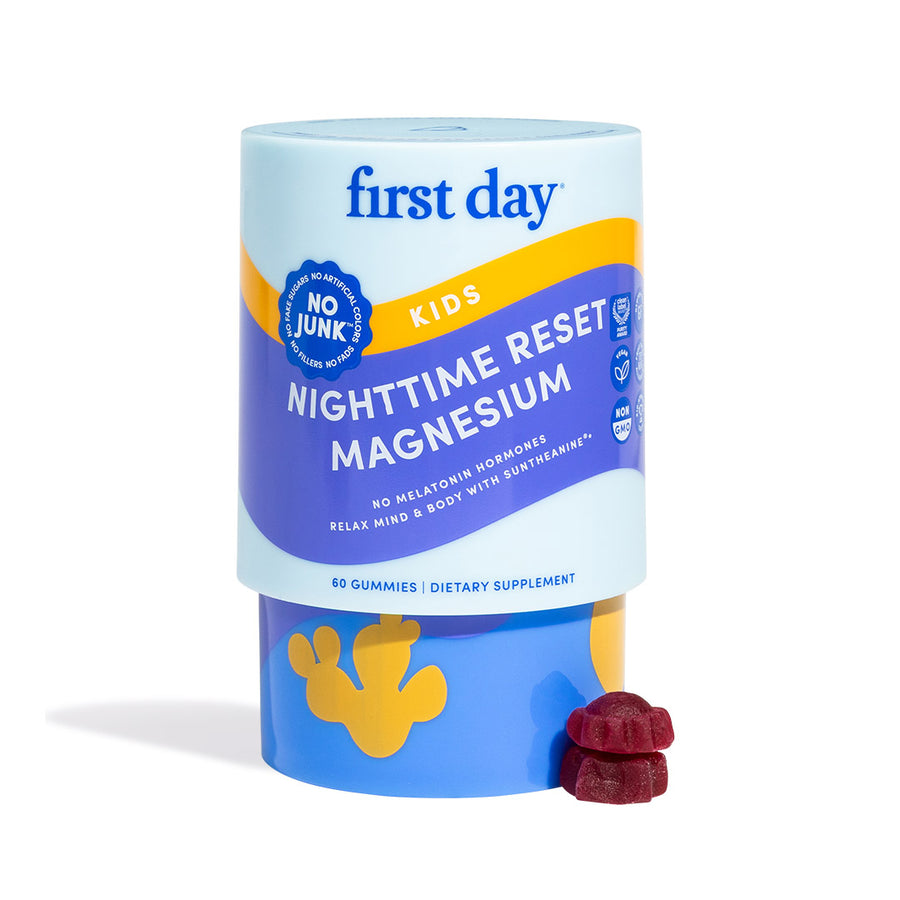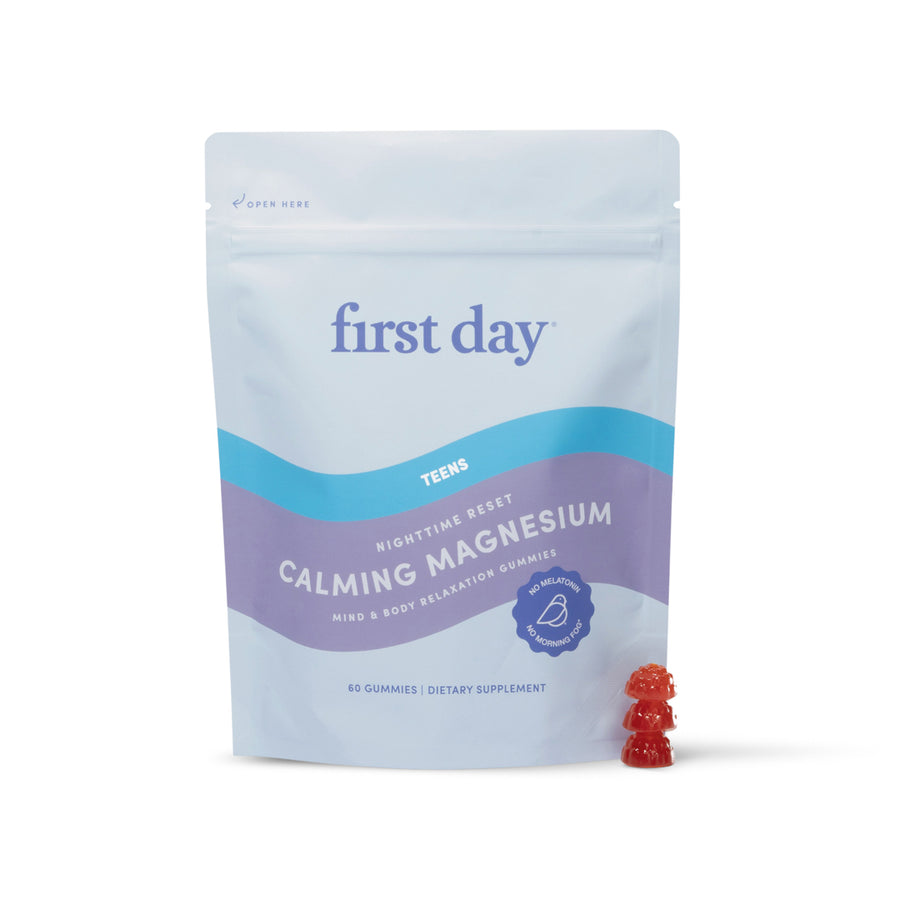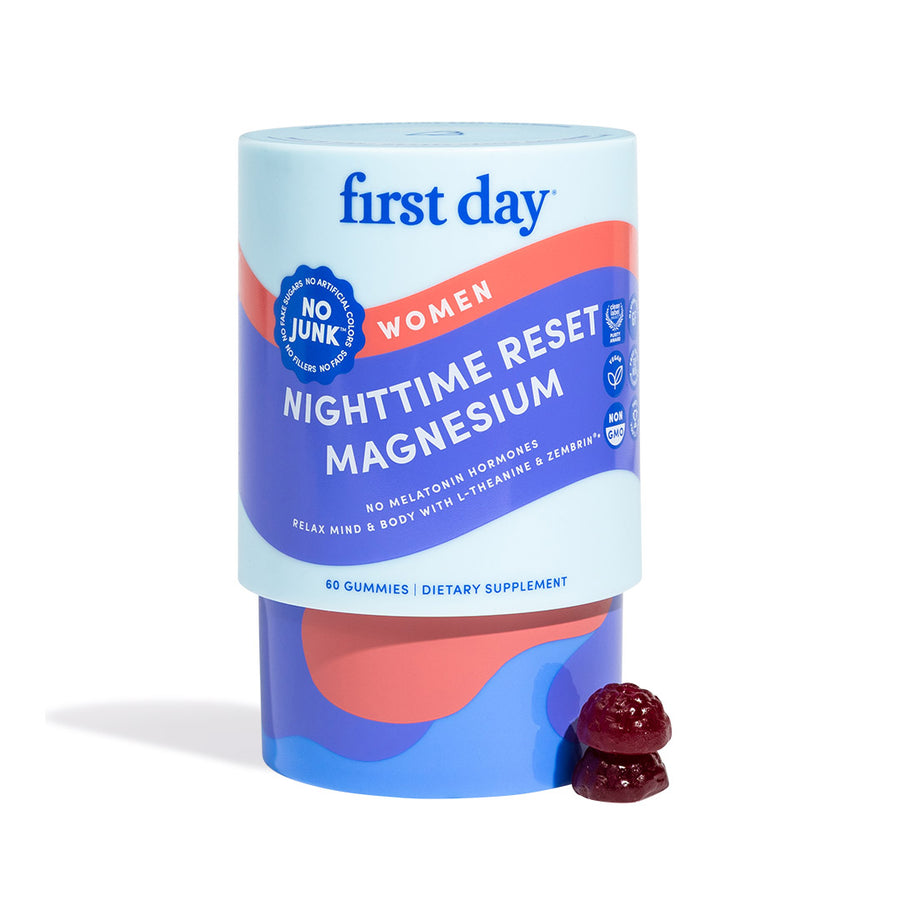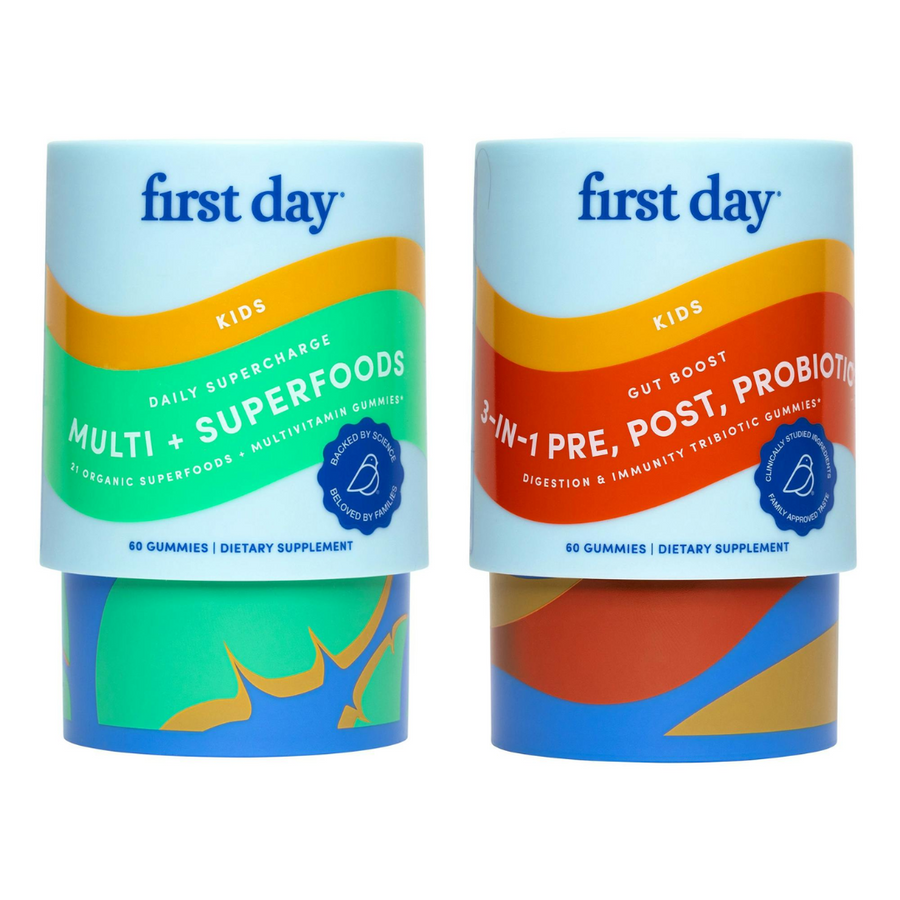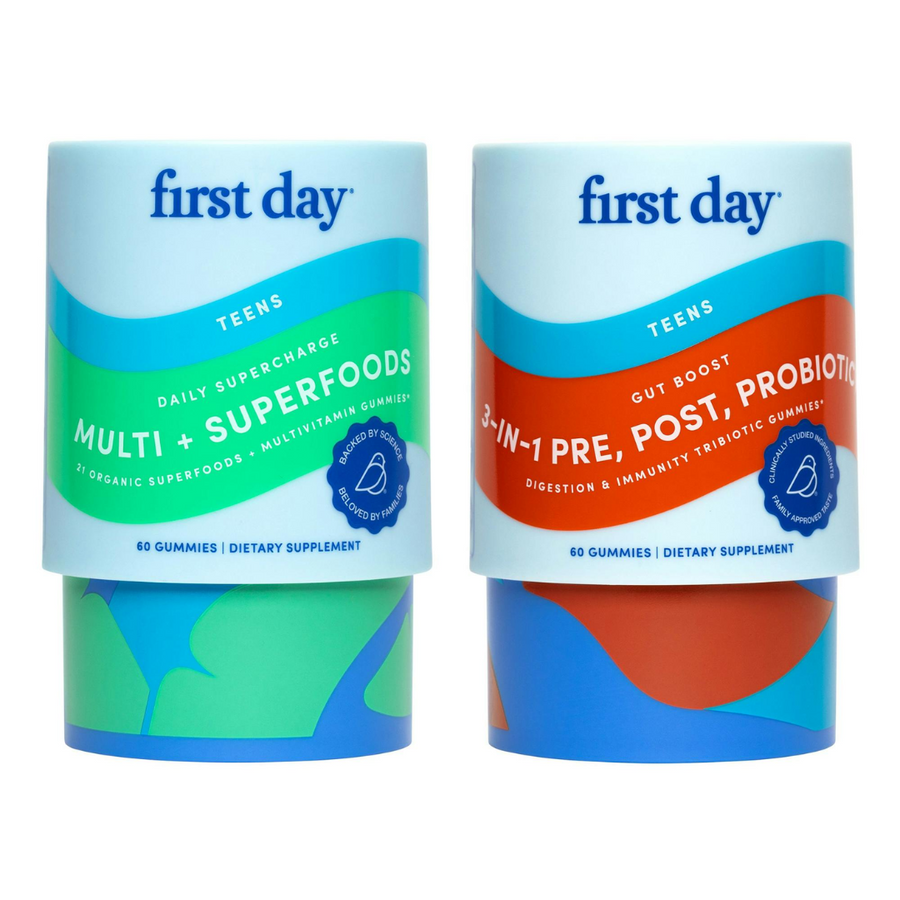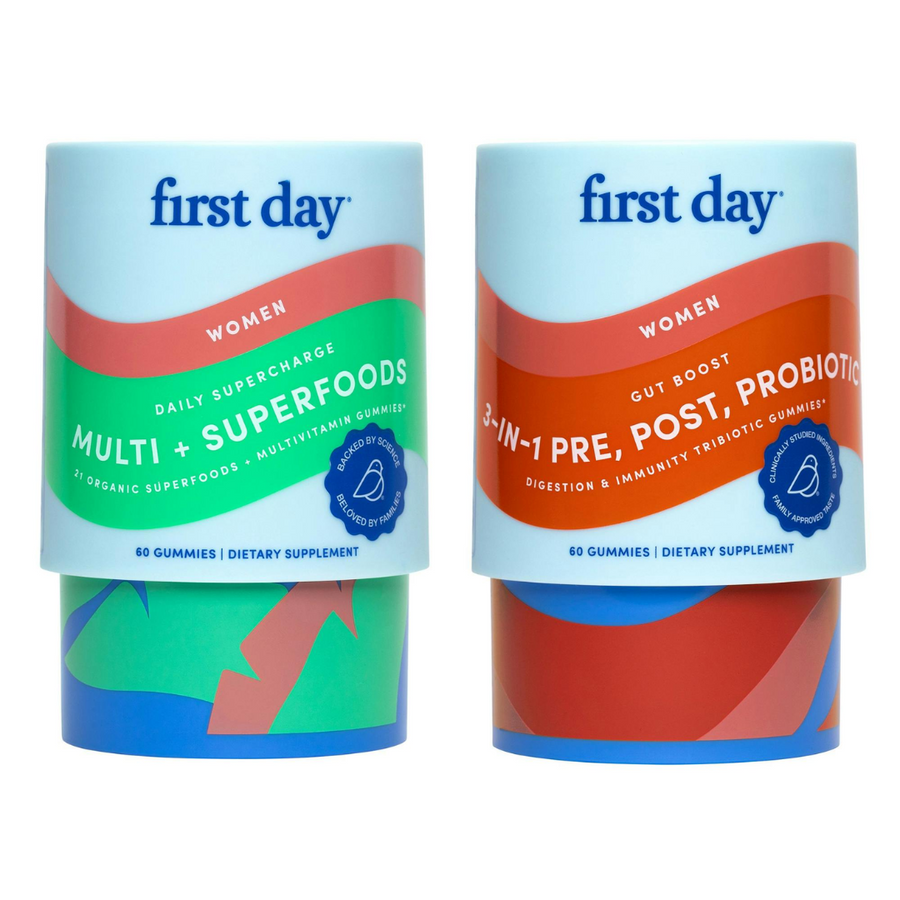So, you've heard about probiotics and now find yourself navigating the confusing world of different brands and options. It's no surprise; the promise of better gut health is hard to ignore. In fact, studies show that probiotics can improve gut health. Okay, that's all great and all—you understand the effectiveness of probiotics—but how long do probiotics take to work? How long does it take to see and feel the benefits? In this blog post, we'll dive into the specifics and give you a clear understanding of how long probiotics take to work and what you can expect during the process.
Breaking Down The Basics: Probiotic Mechanisms
Probiotics are your gut’s best friends! These live microorganisms hang out in your digestive system and are crucial for keeping everything balanced. If the idea of "good bacteria" seems odd, don’t worry—we’ve got you covered. These tiny helpers aid in digestion, fight off harmful bacteria, and even boost your immune system. You can find them in foods like Greek yogurt, sauerkraut, kimchi, kefir, and also in various supplements. All these options are power-packed with good probiotic bacteria that your gut loves.
Scientific research backs up the benefits of probiotics. Studies, like those in the Cureus journal, show they can help with gut issues like irritable bowel syndrome (IBS), infectious diarrhea, and even antibiotic-related diarrhea. Impressive, right? But how do they do it? Probiotics keep your gut's microbiome—basically, the community of microorganisms in your digestive tract—balanced. This balance is key not just for digestion but for overall health. An unbalanced gut can lead to digestive problems and might even affect your mental health, according to Harvard Health.
Meet the Probiotic Crew: Your Gut's Residents
Think of your digestive system as a busy city, with probiotics as its diverse, hardworking population. There are live bacteria like Lactobacillus and Bifidobacterium, which create a healthy environment in your gut, break down food, and fend off bad bacteria. Then there are spore-based probiotics like Bacillus, which come with a tough natural shield that helps them survive the acidic environment in your stomach and reach your gut intact. Once there, they spring into action and start working their magic, improving the health and diversity of your gut flora.
At First Day, we tap into the power of Bacillus coagulans SNZ 1969® in our kids’ and teens’ tribiotics. This life-changing probiotic supplement not only helps with digestion but also boosts immunity and oral health. Our tribiotics combine prebiotics, probiotics, and postbiotics for comprehensive gut support. We use proven science to promote daily wellness, catering to the health needs of your whole family.
Ready to dive into the world of beneficial bacteria and boost your family's gut health? Check out our tribiotics and start your journey to better health today.
Tap Into The Power of Tribiotics Today & Save 15% Today!
3 Common Misconceptions About Probiotics
Misconceptions and myths surrounding probiotics may be common, but that doesn't make them true. Let's clear up a few of these misunderstandings so you can make informed decisions about your gut health.
Myth Buster: Probiotics Work Overnight
First up, let’s clear this one out of the room. Probiotics aren't magic pills that instantly fix your issues. Many people start seeing tangible benefits after a few days or up to 2-3 weeks. A more diverse gut microbiome may lead to faster results, but expecting overnight changes will just leave you disappointed.
Myth Buster: All Probiotics Are the Same
Not all probiotics are created equal. Different probiotic strains have different effects. For example, certain strains of Bacillus coagulans are shown to help with the symptoms of IBS - we’re talking about diarrhea, belly pain and bloating. At the same time, Lactobacillus rhamnosus GG has been shown to help with antibiotic-based diarrhea. Meanwhile, Lactobacillus reuteri can significantly reduce infant colic, according to research in Clinics and Practice. Always read the labels and choose the strains that fit your needs best.
Myth Buster: Probiotics Are Just for Your Gut
Here’s a huge revelation: probiotics aren't just for digestive health. A study points out that certain probiotics, such as Bacillus coagulans SNZ 1969®, offer fantastic benefits beyond the gut. This science-based superhero supports your immune system, making it easier for your body to fight off pesky invaders and keep you feeling your best. So, while you might start taking probiotics for a happier tummy, don’t be surprised if your immune system gives you high-fives too!
What Affects the Success of Probiotics?
You've asked, "How long do probiotics take to work?" Well, the answer isn't as straightforward as you think. Multiple factors impact probiotic effectiveness and how long it takes for you to see results, including:
How Much and How Often?
Getting the most out of your probiotics is all about the right dosage and frequency. Taking more doesn't always mean better results. Studies show that 1 billion to 10 billion CFUs per day can boost gut health effectively. CFU means colony-forming units—a measure of how many live bacteria are in each supplement. It's crucial to follow the recommended dosage on the package for optimal results.
But some probiotic supplementations offer up to 50 billion - even 100 billion CFUs per dose! This is where you need to be careful. Higher doses don't necessarily lead to better outcomes, and they can even cause side effects like bloating or gas. So make sure to stick to the recommended dosage for your chosen probiotic.
The Right Quality Matters
Not all probiotics are created equal! The quality of your probiotic supplements can make a big difference in how quickly they work. Look for ones that promise live strains when you take them and make sure they’ve been thoroughly tested. Also, spore-based probiotics have been shown to be more powerful in treating leaky-gut syndrome than traditional bacteria-based probiotics as they reach your gut intact (because of their protective covering, remember?)
For example, our First Day tribiotics are focused on quality because we use clinically-studied strains to improve gut health. Plus, our Bacillus coagulans SNZ 1969® is a spore-based probiotic that has passed all the rigorous testing to ensure you get the maximum benefits.
Tap Into The Power of Tribiotics Today & Save 15% Today!
Remember, We're All Unique
Just like people, no two microbiomes are the same. So, not everyone will have the same response to probiotics. Sometimes it’s just a matter of finding the right one for you. With so many different strains and combinations available in the market, some trial and error may be necessary to find what works best for your body.
But don't give up! Keep trying different strains or brands until you find one that gives you noticeable results. Remember, your gut is unique, just like you!
What's the Deal with Probiotic Effects Over Time?

So, you've been taking your probiotics and are probably wondering when you'll start feeling - you know - not only different but much better. You must understand that probiotics don't work overnight and may take some time for their effects to be noticeable.
Let's break down what you can expect from your probiotics journey, from the early days to the long haul.
Early Wins with Probiotics
Right off the bat, probiotics begin their work by tweaking your gut's bacterial balance. These live cultures jump into action to start balancing the bacteria in your digestive tract. While not as drastic, a study showed that probiotics can help with the onset of acute digestive conditions such as antibiotic-associated diarrhea, acute infectious diarrhea, ulcerative colitis, and irritable bowel syndrome. The study also recommends that you start probiotics right when your symptoms begin and continue for 1 to 2 weeks. But remember not to stop taking probiotics after you're done with the antibiotics! For longer-term impacts, you will need to take probiotic supplements daily.
However, you must speak with your doctor if you're unsure about your specific medical condition and whether probiotics are right for you.
Mid-Term Results
After a few weeks, you should start seeing more significant changes in your gut health and overall wellness. The good bacteria are starting to multiply and flourish, crowding out the bad ones. Your immune system may become stronger as well since 70-80% of it lives in your gut !
So GI symptoms such as gas, bloating, diarrhea and digestive issues may start to decrease. Plus, with your gut in better shape, you may notice other benefits like clearer skin or improved mood.
Long-Term Wins with Probiotics
At the three-month mark, you may see longer-term impacts of the magic. Your healthy gut microbiome increases drastically leading to better digestive consistency and fewer flare-ups. Rest assured that by now, your probiotics have started working their wonders and are well on their way to a healthy gut and overall wellness. Keep up the routine, and you’ll find that probiotics are a small daily habit with big returns for your gut health.
Tips and Tricks to Get the Most Out of Your Probiotics
Now that we have covered, "How long do probiotics take to work?", let's kick it up a notch. We mean, who doesn't love a little extra benefit to their probiotics routine? With these tips and tricks, you can maximize the potential of your probiotic supplements.
- Take your probiotics consistently, as recommended on the package. Consistency is key when it comes to seeing results.
- Consider taking a prebiotic supplement as well. Prebiotics are like food for probiotics and can help them thrive in your gut.
- Speaking of prebiotics - eat prebiotic-rich food and incorporate them into your meals. Think of foods like onions, garlic, apples, flaxseeds.
- Eat a healthy diet overall that includes plenty of fruits and vegetables. A balanced diet is not only good for your gut but also for your overall health.
- Don't forget to stay hydrated! Drinking enough water can help keep the digestive system running smoothly.
- Incorporate more fermented foods into your diet. These probiotic foods naturally contain good gut bacteria and can add to the benefits of taking probiotic supplements.
- Keep up a generally healthy lifestyle. Exercise, manage stress, and eat a balanced diet to support your overall wellness and gut health.
- Your lifestyle habits, such as smoking or drinking too much alcohol, can hinder your probiotic's effectiveness. So, try to cut back on these activities for maximum results.
- Finally, make sure to consult with your doctor before starting any new supplement or making significant changes to your diet.
So, How Long Do Probiotics Take to Work?
Adding probiotics into your daily routine can significantly benefit your gut health and overall well-being. While they may not work overnight, the long-term rewards of consistency are well worth the wait. Remember, not all probiotics are the same, so choose wisely and give your body the time it needs to adjust.
Ready to experience the benefits for yourself? Try First Day tribiotics today and start your journey to better gut health!
Tap Into The Power of Tribiotics Today & Save 15% Today!
*SNZ 1969® is a trademark of Sanzyme Biologics Private Limited
References:
Maftei, N.-M., Raileanu, C. R., Balta, A. A., Ambrose, L., Boev, M., Marin, D. B., & Lisa, E. L. (2024). The Potential Impact of Probiotics on Human Health: An Update on Their Health-Promoting Properties. Microorganisms, 12(2), 234. https://doi.org/10.3390/microorganisms12020234
Sharma, S., Kumar, S., Sajjad, S., & Sharma, S. (2023). Probiotics in Irritable Bowel Syndrome: A Review Article. Cureus. https://doi.org/10.7759/cureus.36565
Publishing, H. H. (2021, April 19). The gut-brain connection. Harvard Health. https://www.health.harvard.edu/diseases-and-conditions/the-gut-brain-connection#:~:text=A%20troubled%20intestine%20can%20send
Office of Dietary Supplements - Probiotics. (n.d.). Ods.od.nih.gov. https://ods.od.nih.gov/factsheets/Probiotics-HealthProfessional/#:~:text=The%20seven%20core%20genera%20of
Casula, G., & Cutting, S. M. (2002). Bacillus Probiotics: Spore Germination in the Gastrointestinal Tract. Applied and Environmental Microbiology, 68(5), 2344–2352. https://doi.org/10.1128/aem.68.5.2344-2352.2002
Kang, S., Park, M. Y., Brooks, I., Lee, J., Kim, S. H., Kim, J. Y., Oh, B., Kim, J. W., & Kwon, O. (2021). Spore-forming Bacillus coagulans SNZ 1969 improved intestinal motility and constipation perception mediated by microbial alterations in healthy adults with mild intermittent constipation: A randomized controlled trial. Food Research International, 146, 110428. https://doi.org/10.1016/j.foodres.2021.110428
Gupta, A. K., & Maity, C. (2021). Efficacy and safety of Bacillus coagulans LBSC in irritable bowel syndrome. Medicine, 100(3). https://doi.org/10.1097/MD.0000000000023641
Blaabjerg, S., Artzi, D., & Aabenhus, R. (2017). Probiotics for the Prevention of Antibiotic-Associated Diarrhea in Outpatients—A Systematic Review and Meta-Analysis. Antibiotics, 6(4), 21. https://doi.org/10.3390/antibiotics6040021
Wadhwa, A., Kesavelu, D., Kumar, K., Chatterjee, P., Jog, P., Gopalan, S., Paul, R., Veligandla, K. C., Mehta, S., Mane, A., Pandit, S., Rathod, R., Jayan, S., & Mitra, M. (2022). Role of Lactobacillus reuteri DSM 17938 on Crying Time Reduction in Infantile Colic and Its Impact on Maternal Depression: A Real-Life Clinic-Based Study. Clinics and Practice, 12(1), 37–45. https://doi.org/10.3390/clinpract12010005
Iloba, I., McGarry, S. V., Yu, L., Cruickshank, D., & Jensen, G. S. (2023). Differential Immune-Modulating Activities of Cell Walls and Secreted Metabolites from Probiotic Bacillus coagulans JBI-YZ6.3 under Normal versus Inflamed Culture Conditions. Microorganisms, 11(10), 2564. https://doi.org/10.3390/microorganisms11102564
National Institutes of Health. (2017). Probiotics. Nih.gov. https://ods.od.nih.gov/factsheets/Probiotics-HealthProfessional/
McFarlin, B. K., Henning, A. L., Bowman, E. M., Gary, M. A., & Carbajal, K. M. (2017). Oral spore-based probiotic supplementation was associated with reduced incidence of post-prandial dietary endotoxin, triglycerides, and disease risk biomarkers. World Journal of Gastrointestinal Pathophysiology, 8(3), 117. https://doi.org/10.4291/wjgp.v8.i3.117
Wilkins, T., & Sequoia, J. (2017). Probiotics for Gastrointestinal Conditions: A Summary of the Evidence. American Family Physician, 96(3), 170–178. https://www.aafp.org/pubs/afp/issues/2017/0801/p170.html
Yan, F., & Polk, D. B. (2011). Probiotics and immune health. Current Opinion in Gastroenterology, 27(6), 496–501. https://doi.org/10.1097/mog.0b013e32834baa4d
Wiertsema, S. P., van Bergenhenegouwen, J., Garssen, J., & Knippels, L. M. J. (2021). The Interplay between the Gut Microbiome and the Immune System in the Context of Infectious Diseases throughout Life and the Role of Nutrition in Optimizing Treatment Strategies. Nutrients, 13(3), 886. https://doi.org/10.3390/nu13030886
Goodoory, V. C., Mais Khasawneh, Black, C. J., Eamonn Martin Quigley, Martin, P., & Ford, A. C. (2023). Efficacy of Probiotics in Irritable Bowel Syndrome: Systematic Review and Meta-analysis. Gastroenterology. https://doi.org/10.1053/j.gastro.2023.07.018
Sergeev, I. N., Aljutaily, T., Walton, G., & Huarte, E. (2020). Effects of Synbiotic Supplement on Human Gut Microbiota, Body Composition and Weight Loss in Obesity. Nutrients, 12(1), 222. https://doi.org/10.3390/nu12010222
